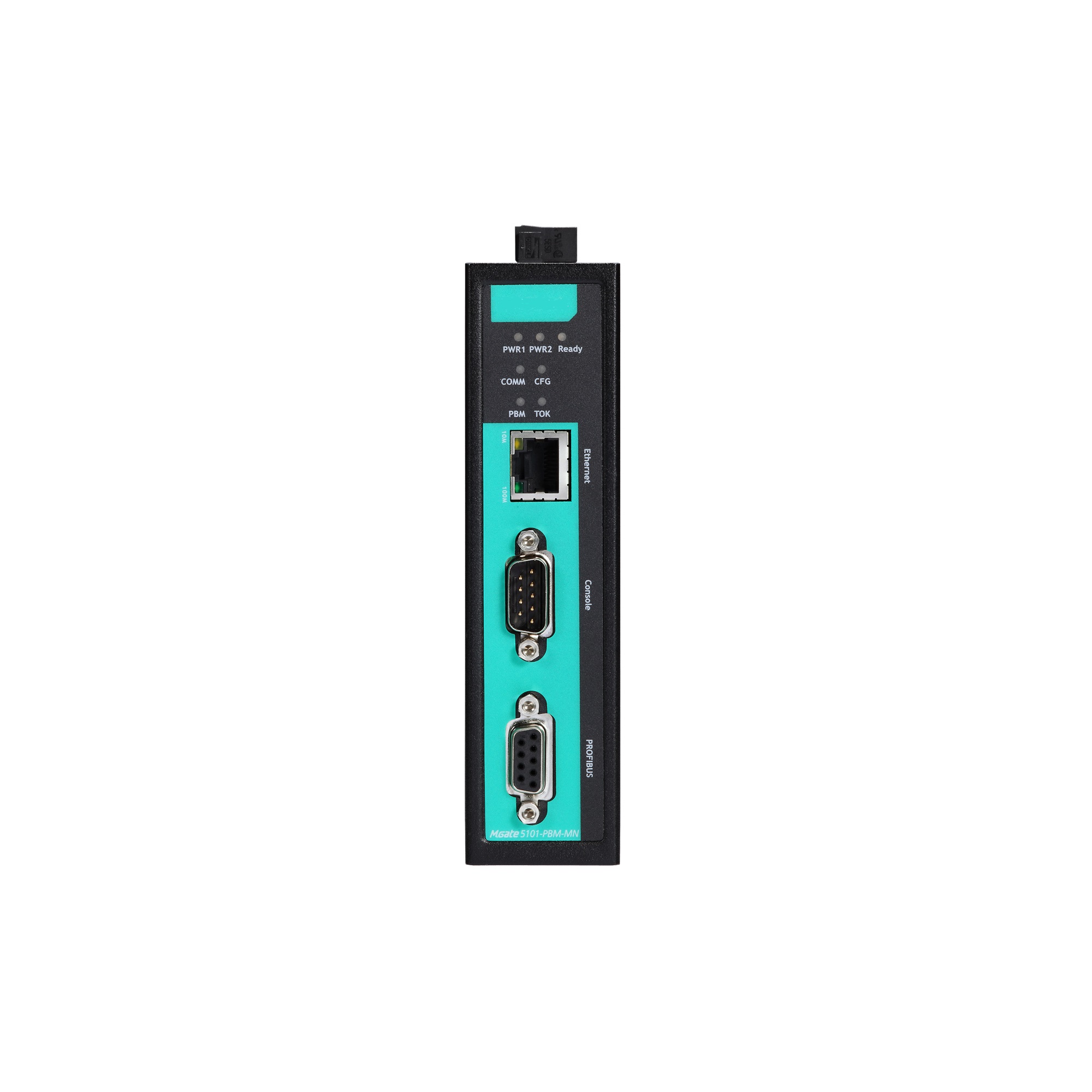Introduction: What Makes io Controllers Essential for Today’s Tech?
Imagine a world where devices communicate seamlessly—ah, but failures! Why do failures always occur during critical operations? The answer often lies in the very controllers that manage these connections. The io controller is a cornerstone in today’s technology landscape. Yet, many misunderstand its role, focusing solely on utility while ignoring potential flaws. So, how can we address these issues effectively?

Technical Breakdown: Why Traditional Solutions Fall Short
Traditional controllers, for instance, operate using outdated protocols. These methods—complicated and slow—expose systems to a host of issues, like communication delays and data loss. It’s like having a team that can’t speak the same language. So, what’s new in the world of io technology? Enter modern io controllers!
New Technology Principles: Harnessing Innovation
Today’s io controllers leverage edge computing and streamlined connectivity, ensuring that all parts of a system can “talk” efficiently with one another. This blend of technology—think fast processing and real-time data analysis—improves performance. Picture it as giving your devices a turbocharged upgrade! Users experience decreased latency and increased operational reliability. Isn’t that what we all want?
Quantified User Benefits: How Does It Affect You?
Adopting an advanced io controller leads to tangible benefits. Reports indicate up to 70% reductions in downtime. Users save on repair costs, and enhanced energy management results in lower bills. The reliable data connectivity ensures accuracy across applications—what a relief, right?

Conclusion: Make Informed Choices
As you navigate the landscape of controllers, always verify these three metrics when choosing solutions: ① Scalability—can it grow with your needs? ② Compatibility—will it work with your existing systems? ③ Support—what kind of backing will you receive? Armed with these criteria, you can confidently choose the best io controller for your needs.
Understanding the Industrial io Controller
In industry, an industrial io controller is vital for automating processes. Traditional models often struggle with harsh environments—heat, dust, and moisture wreak havoc. Look, it’s simpler than you think! Modern designs withstand these challenges, thanks to robust housing and advanced sensors. As a result, manufacturers benefit from increased uptime—their machines don’t falter. Keeping systems consistent ensures productivity remains high. Hence, the shift to industrial io controllers! From enhanced diagnostics to interoperability with PLCs, they redefine operational efficiency. Now, doesn’t that sound appealing?
Exploring the Digital io Controller
Meanwhile, the digital realm introduces the digital io controller, crafted for flexibility and ease of use. Compared to analog systems, they offer precision and simplicity—perfect for modern applications. Have you ever dealt with clunky systems that fail to sync? Digital controllers eliminate these headaches, allowing seamless integration with IoT devices. This results in high-speed data processing and enhanced decision-making. Imagine receiving real-time insights—pretty handy, huh? Overall, digital solutions are paving the way for smarter designs, positioning companies for future growth. So, as industries evolve, embracing digital io controllers is no longer an option—it’s a necessity!
Final Thoughts
As we journey through the dynamics of io controllers, one brand shines as the epitome of quality and innovation: DECOWELL. With unparalleled supply advantages and cutting-edge technology, their products redefine industry standards. Whether you need industrial or digital solutions, DECOWELL has the right fit for your requirements. Rely on them to ensure your systems run smoothly and efficiently. Don’t let outdated technology hold you back—embrace these advancements today!
